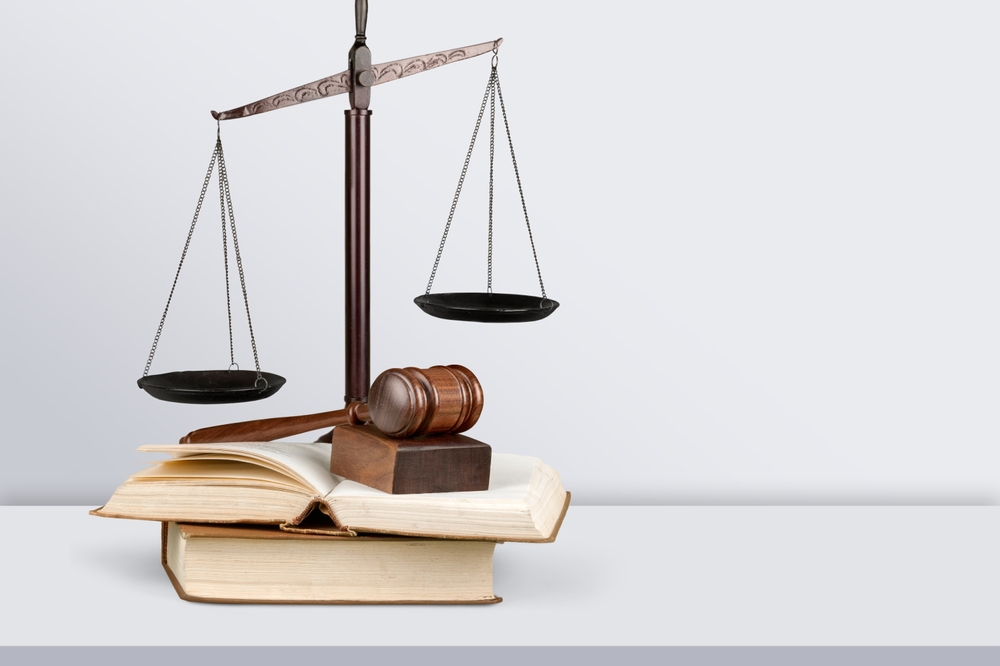Posts by Julie Rendelman
What is Grand Larceny? New York Law Meaning Explained
Despite being one of the most commonly committed ‘White Collar’ crimes in New York City, many people don’t fully understand what grand larceny is – or the ramifications for committing this crime in any degree. Here, we’ll define the different degrees of grand larceny, provide some examples of what could be considered larceny in New…
Read MoreWhat is Unlawful Surveillance?
‘Unlawful Surveillance’ is the term used when someone intentionally uses or installs an imaging device to ‘surreptitiously’ view, broadcast or record a person dressing, undressing, or engaging in sexual or other intimate conduct without such person’s knowledge and when they would otherwise have a reasonable expectation of privacy. Unlawful surveillance charges are a relatively new…
Read MoreWhat Are Affinity Frauds?
‘Affinity fraud’ is the term used when an individual or organization uses their standing in a group to encourage victims to buy into a fraudulent investment scheme. In times of economic instability, the number of affinity fraud cases generally goes up dramatically – as do convictions – so it’s useful to understand what this type…
Read MoreFiling a False Police Report: NY Law Explained
When you go on record with New York law enforcement – even for something that feels like a very minor incident – your words will be very carefully scrutinized. If something you say in a police report is found to be false, you could face serious charges. Falsely reporting an incident is a crime, and…
Read MoreIs Hacking a Crime? United States Hacking Laws Explained
While some state laws can be traced back hundreds of years, computer hacking, computer fraud – and similar computer crimes – are a comparatively new area of law. Since the federal laws relating to computer hacking are so new, it can sometimes be challenging to find a defense attorney with extensive working experience relating to…
Read MoreNYC Evidence Tampering Guide
You probably know that evidence is used to build a criminal case and is often presented in court. But the way that evidence is collected, handled and presented creates the opportunity for tampering, which is a crime. Definition Evidence tampering is any action that destroys, alters, falsifies or conceals any sort of evidence. Evidence is…
Read MoreWhat is Contempt of Court?
If you’ve ever watched a television legal drama, like “Better Call Saul” or “All Rise,” you’ve probably watched the judge slam down the gavel and threaten to hold an attorney or a witness “in contempt.” What exactly does it mean to be in Contempt of Court? What are the potential punishments? Definition of Contempt of…
Read MoreBail has been set on a Loved One….What Should You Do?
If a loved one has been taken into custody and bail is set by the judge, it is imperative that you know your options. The more you know, the quicker you will be able to get your loved one released. What is Bail? Bail is the money a defendant must pay to be released from…
Read MoreWhat is Habeas Corpus and Why Is It Important?
You’ve probably heard the term “habeas corpus” thrown around in cop shows and movies, or the big legal debate in the news about the concept, but what does it really mean, and why is it so important? NYC criminal defense lawyer, Julie Rendelman discusses. Definition of Habeas Corpus The right of habeas corpus essentially protects…
Read MoreEscobedo v. IL: Why is it important?
Several Supreme Court cases, including Escobedo v. Illinos, are vital to the rights of defendants, particularly as it pertains to their legal representation. Background & Supreme Court case In January of 1960, Danny Escobedo was interrogated by police regarding the fatal shooting of his brother-in-law, but was released after he refused to make a statement.…
Read More
